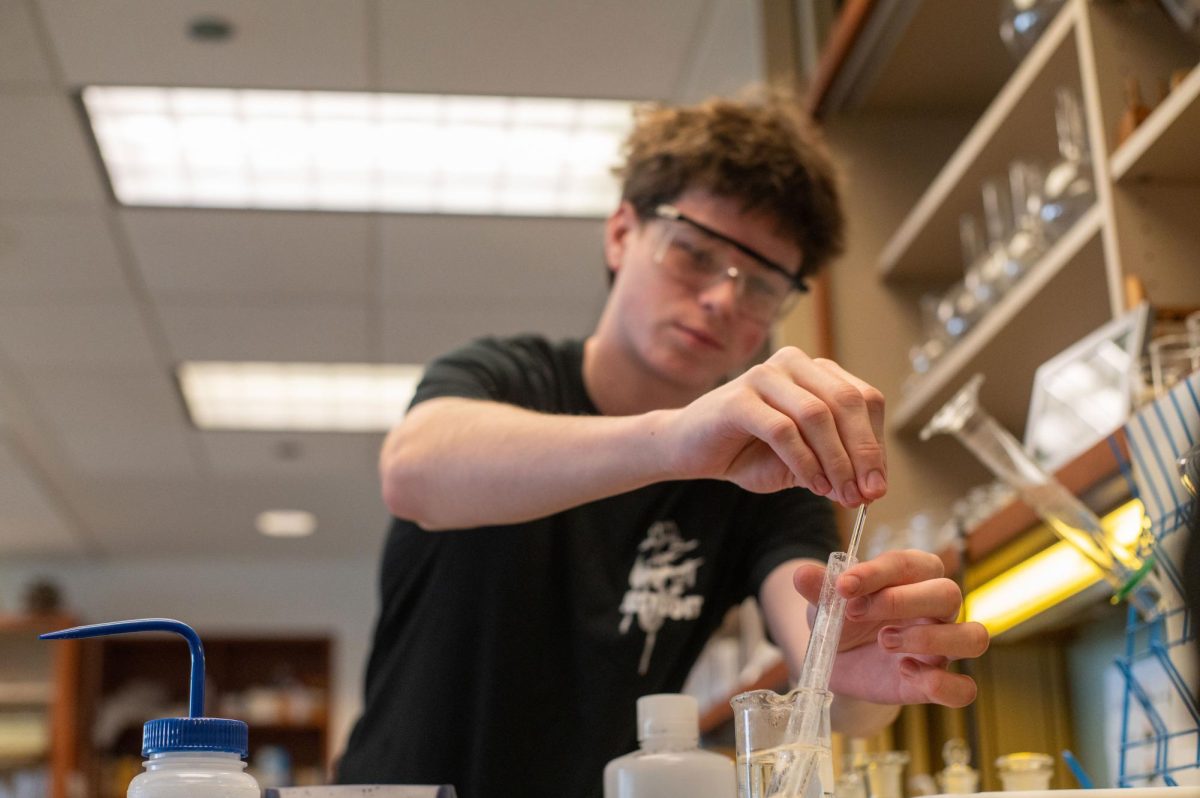This school year, students and faculty have shared many complaints about the new schedule. Some say that designated co-curricular weeks, packed with assemblies, leave little free time, while others criticize the long, consecutive Lab periods on Wednesdays. The results of survey results this spring show that despite some complaints and critiques, many students have come to appreciate the new schedule introduced this school year and some even prefer it over the old one.
Two committees — one led by Student Council and the other by faculty members — spent recent months collecting feedback from students regarding schedule changes.
“Even though I first heard that people were upset, many people ended up really appreciating the changes,” all-school vice president Joshua Carter, who was on the Student Council committee, said.
The survey found overwhelming support for numerous aspects of the new schedule, including assemblies being less frequent. The results were given to the faculty committee to inform them of their findings.
According to Student Council, more than 91% of students surveyed said they prefer the way that the new schedule operates with consistent 50-minute class periods rather than both 45- and 75-minute periods under the previous schedule. Nearly 80% of students surveyed said they prefer having co-curricular weeks, as set out by the new schedule, rather than weekly assembly periods of years past. More than 78% of students surveyed said that they prefer the way the current schedule accommodates science classes with lab periods compared to the old schedule.
The Student Council survey, issued in late March via Google form, received responses from 318 students out of 624 total U-High students. Some students only answered a portion of the questions posed, and ninth graders had no experience with the old schedule. Of the total respondents, 38.4% were ninth graders, 28.6% sophomores, 9.7% juniors and 23.3% seniors.
With the positive feedback, the Student Council committee has so far not sought changes to the new schedule, Joshua said.
“If the feedback was strongly negative,” Joshua said, “the Student Council would have met with the schedule planning committee to suggest any feasible change to our schedules that students felt that they would benefit from.”
Matthew Martino, physics teacher, was on the faculty schedule feedback committee. Along with analyzing the Student Council survey results, the faculty committee also instructed advisers to summarize their advisory group discussion and share the notes with the faculty committee. Dr. Martino said that feedback from advisories was also mostly positive and reflected the Student Council survey results.
“Change is hard,” Dr. Martino said. “Overall, lots of people basically like good chunks of it. Which is amazing, because it’s very hard to make everybody happy.”





















































